Down Under, Out Back, and Back When
 Below is a selection of seven 19th-century Australian poems, three by Richard Rowe (1828-1879), two by Marcus Clarke (1846-1881), and two by Agnes L. Storrie (1865-1936). These are all the poems I could find for the included poets on the web tonight, and I enjoyed reading each one, thus their inclusion. Most of them are in Bertram Stevens's An Anthology of Australian Verse.
Below is a selection of seven 19th-century Australian poems, three by Richard Rowe (1828-1879), two by Marcus Clarke (1846-1881), and two by Agnes L. Storrie (1865-1936). These are all the poems I could find for the included poets on the web tonight, and I enjoyed reading each one, thus their inclusion. Most of them are in Bertram Stevens's An Anthology of Australian Verse.by Richard Rowe
Superstites Rosae
The grass is green upon her grave,
The west wind whispers low;
"The corn is changed, come forth, come forth,
Ere all the blossoms go!"
In vain. Her laughing eyes are sealed,
And cold her sunny brow;
Last year she smiled upon the flowers--
They smile above her now!
by Richard Rowe
The Angel of Life
Life's Angel watched a happy child at play,
Wreathing the riches of the blushing May:
His eye was cloudless as the heavens above,
But there was pity in her look of love.
The flowers he gathered bloomed their brief bright hour,
Then rained their petals in a silent shower:
The boy looked up at her with strange surprise,
And sadder grew the pity in her eyes.
by Richard Rowe
Soul Ferry
High and dry upon the shingle lies the fisher's boat to-night;
From his roof-beam dankly drooping, raying phosphorescent light,
Spectral in its pale-blue splendour, hangs his heap of scaly nets,
And the fisher, lapt in slumber, surge and seine alike forgets.
Hark! there comes a sudden knocking, and the fisher starts from sleep,
As a hollow voice and ghostly bids him once more seek the deep;
Wearily across his shoulder flingeth he the ashen oar,
And upon the beach descending finds a skiff beside the shore.
'Tis not his, but he must enter--rocking on the waters dim,
Awful in their hidden presence, who are they that wait for him?
Who are they that sit so silent, as he pulleth from the land--
Nothing heard save rumbling rowlock, wave soft-breaking on the sand?
Chill adown the tossing channel blows the wailing, wand'ring breeze,
Lonely in the murky midnight, mutt'ring mournful memories,--
Summer lands where once it brooded, wrecks that widows' hearts have wrung--
Swift the dreary boat flies onwards, spray, like rain, around it flung.
On a pebbled strand it grateth, ghastly cliffs around it loom,
Thin and melancholy voices faintly murmur through the gloom;
Voices only, lipless voices, and the fisherman turns pale,
As the mother greets her children, sisters landing brothers hail.
Lightened of its unseen burden, cork-like rides the rocking bark,
Fast the fisherman flies homewards o'er the billows deep and dark;
THAT boat needs no mortal's mooring--sad at heart he seeks his bed,
For his life henceforth is clouded--he hath piloted the Dead!

by Marcus Clarke
The Song of Tigilau
The song of Tigilau the brave,
Sina's wild lover,
Who across the heaving wave
From Samoa came over:
Came over, Sina, at the setting moon!
The moon shines round and bright;
She, with her dark-eyed maidens at her side,
Watches the rising tide.
While balmy breathes the starry southern night,
While languid heaves the lazy southern tide;
The rising tide, O Sina, and the setting moon!
The night is past, is past and gone,
The moon sinks to the West,
The sea-heart beats opprest,
And Sina's passionate breast
Heaves like the sea, when the pale moon has gone,
Heaves like the passionate sea, Sina, left by the moon alone!
Silver on silver sands, the rippling waters meet--
Will he come soon?
The rippling waters kiss her delicate feet,
The rippling waters, lisping low and sweet,
Ripple with the tide,
The rising tide,
The rising tide, O Sina, and the setting moon!
He comes!--her lover!
Tigilau, the son of Tui Viti.
Her maidens round her hover,
The rising waves her white feet cover.
O Tigilau, son of Tui Viti,
Through the mellow dusk thy proas glide,
So soon!
So soon by the rising tide,
The rising tide, my Sina, and the setting moon!
The mooring-poles are left,
The whitening waves are cleft,
By the prows of Tui Viti!
By the sharp keels of Tui Viti!
Broad is the sea, and deep,
The yellow Samoans sleep,
But they will wake and weep--
Weep in their luxurious odorous vales,
While the land breeze swells the sails
Of Tui Viti!
Tui Viti--far upon the rising tide,
The rising tide--
The rising tide, my Sina, beneath the setting moon!
She leaps to meet him!
Her mouth to greet him
Burns at his own.
Away! To the canoes,
To the yoked war canoes!
The sea in murmurous tone
Whispers the story of their loves,
Re-echoes the story of their loves--
The story of Tui Viti,
Of Sina and Tui Viti,
By the rising tide,
The rising tide, Sina, beneath the setting moon!
She has gone!
She has fled!
Sina!
Sina, for whom the warriors decked their shining hair,
Wreathing with pearls their bosoms brown and bare,
Flinging beneath her dainty feet
Mats crimson with the feathers of the parrakeet.
Ho, Samoans! rouse your warriors full soon,
For Sina is across the rippling wave,
With Tigilau, the bold and brave.
Far, far upon the rising tide!
Far upon the rising tide!
Far upon the rising tide, Sina, beneath the setting moon.
by Marcus Clarke
In a Lady's Album
What can I write in thee, O dainty book,
About whose daintiness faint perfume lingers--
Into whose pages dainty ladies look,
And turn thy dainty leaves with daintier fingers?
Fitter my ruder muse for ruder song,
My scrawling quill to coarser paper matches;
My voice, in laughter raised too loud and long,
Is hoarse and cracked with singing tavern catches.
No melodies have I for ladies’ ear,
No roundelays for jocund lads and lasses--
But only brawlings born of bitter beer,
And chorussed with the clink and clash of glasses!
So, tell thy mistress, pretty friend, for me,
I cannot do her hest, for all her frowning,
While dust and ink are but polluting thee,
And vile tobacco-smoke thy leaves embrowning.
Thou breathest purity and humble worth--
The simple jest, the light laugh following after.
I will not jar upon thy modest mirth
With harsher jest, or with less gentle laughter.
So, some poor tavern-haunter, steeped in wine,
With staggering footsteps thro’ the streets returning,
Seeing, through gathering glooms, a sweet light shine
From household lamp in happy window burning,
May pause an instant in the wind and rain
To gaze on that sweet scene of love and duty,
But turns into the wild wet night again,
Lest his sad presence mar its holy beauty.
by Agnes L. Storrie
A Confession
You did not know,--how could you, dear,--
How much you stood for? Life in you
Retained its touch of Eden dew,
And ever through the droughtiest year
My soul could bring her flagon here
And fill it to the brim with clear
Deep draughts of purity:
And time could never quench the flame
Of youth that lit me through your eyes,
And cozened winter from my skies
Through all the years that went and came.
You did not know I used your name
To conjure by, and still the same
I found its potency.
You did not know that, as a phial
May garner close through dust and gloom
The essence of a rich perfume,
Romance was garnered in your smile
And touched my thoughts with beauty, while
The poor world, wise with bitter guile,
Outlived its chivalry.
You did not know--our lives were laid
So far apart--that thus I drew
The sunshine of my days from you,
That by your joy my own was weighed
That thus my debts your sweetness paid,
And of my heart's deep silence made
A lovely melody.
by Agnes L. Storrie
Twenty Gallons of Sleep
Measure me out from the fathomless tun
That somewhere or other you keep
In your vasty cellars, O wealthy one,
Twenty gallons of sleep.
Twenty gallons of balmy sleep,
Dreamless, and deep, and mild,
Of the excellent brand you used to keep
When I was a little child.
I've tasted of all your vaunted stock,
Your clarets and ports of Spain,
The liquid gold of your famous hock,
And your matchless dry champagne.
Of your rich muscats and your sherries fine,
I've drunk both well and deep,
Then, measure me out, O merchant mine,
Twenty gallons of sleep.
Twenty gallons of slumber soft
Of the innocent, baby kind,
When the angels flutter their wings aloft
And the pillow with down is lined;
I have drawn the corks, and drained the lees
Of every vintage pressed,
If I've felt the sting of my honey bees
I've taken it with the rest.
I have lived my life, and I'll not repine,
As I sowed I was bound to reap;
Then, measure me out, O merchant mine,
Twenty gallons of sleep.



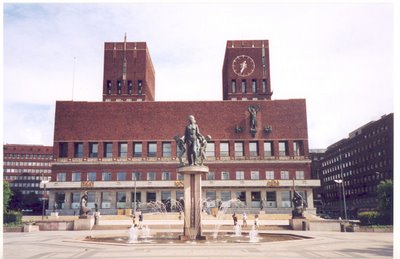

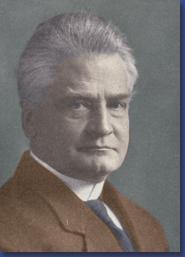





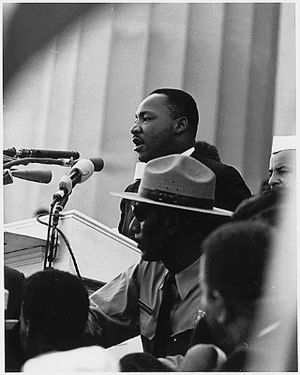



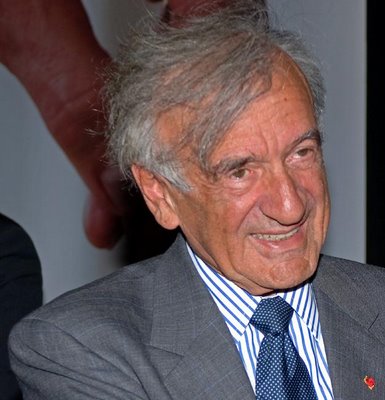












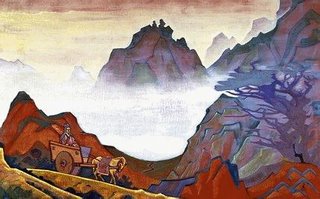

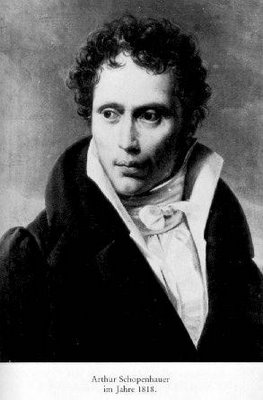
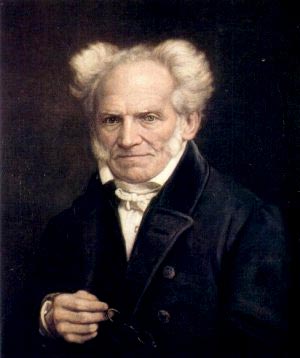



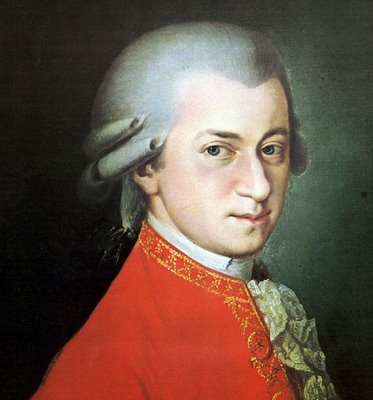

+Adam+and+Eve+Driven+from+the+Garden.jpg)